Nostalgia is an emotional longing or affection for the past. It is usually associated with a period or place that evokes happiness, or at times, melancholy. These emotions usually occur when the person reflects on memories that have significance to them. Nostalgia may be triggered by a variety of things, some of those include smells, places, music, and more. Nostalgia plays a role in shaping our persona and perspectives.
“You change throughout your life, so of course sometimes I look back on friendships I no longer have and wonder would could’ve been,” said teacher Laura Niemann.
It is very common for nostalgia to occur when you are stuck somewhere or do not have much time to make new connections and memories. An example is quarantine, when people were limited from communicating with others and making new experiences in person. During this time people experienced nostalgia due to the lack of new experiences and the desire to be in the past in a time where they had a more active life.
When feeling nostalgic, people wish for things to be as they once were and remember their past in an overly positive way. This is a romanticized version of the past where we remember things in an idealized way. The positive emotions from those moments are the ones that are emphasized more in our memory overlooking the other aspects of the moment.
In the first chapter and line of Aristotle’s Metaphysics, Aristotle said, “All men by nature desire to know.”
It is common for people to feel comforted by nostalgia due to the idealization and being able to predict actions and consequences. An example of the desire to know is when we tend to look for patterns and clues in situations and compare them to the past just to be able to predict what will happen. Since people tend to have difficulty accepting uncertainty, being able to predict what will happen makes us feel more in control which brings us comfort and peace avoiding feelings of uncertainty and anxiousness.
“When I lived in New York, it was rather stressful. So when we moved to North Carolina, this was our calm and good spot. Even when we think about going back, we get stressed out,” said Niemann.
One of the most common examples of idealizing the past is shown in relationships. When you end things with someone, after a while you start missing the connection. This can lead to the person having idealized memories of the past, which is where the feeling of nostalgia occurs but in a romanticized way rather than how it truly was before. These feelings are the reason that people go back to toxic relationships even after getting hurt over and over again.
This negative side of nostalgia can make you feel like parts of your past were better, like if you would have made different decisions your life would be better in the present. Believing that other choices wouldn’t have caused your life to be impacted negatively can leave you with negative emotions like sadness, anger, relinquishment etc.
“I spent a lot with my son, going outside, cooking to get my mind off it although at night it would become more difficult since I would have time to think about it,” said foods teacher Kelly Elliot.
When you’re feeling the negative effects of nostalgia, it is good to give yourself time and space to evaluate whatever is making you feel distressed. Giving yourself time to feel these emotions helps you get them out of your system, making you feel less distressed, comprehending clearly and coming to terms with what has happened.
When experiencing nostalgia, dopamine is released due to the positive memories you’re experiencing which may make you feel better. When it is not idealized nor romanticized, it can affect us for the better, helping us get through things and helping us be the person we are today. It can bring us happiness, love, motivation and connections. Although it may sadden us at times that we may not be able to experience something again, remembering those moments is what may make you feel grateful and motivated to keep going.
“Something that is very nostalgic for me is wax paper because it brings me back to my grandmother. We would cook together,” said Elliott.
We are constantly changing, from opinions, thoughts and feelings, to personality, appearance, and friends. What makes us ourselves are our experiences and how we let them determine who we are each day. It helps us reflect on who we were and who we are now, and remember our connections, purposes, and one’s intrinsic value.
Our intrinsic value is our value for ourselves alone, not because of other factors or validation from others. Big changes in your life, scents, music, places, and more are what trigger nostalgia. It is what helps us integrate ourselves into who we are while still becoming who we will be and who we want to be.



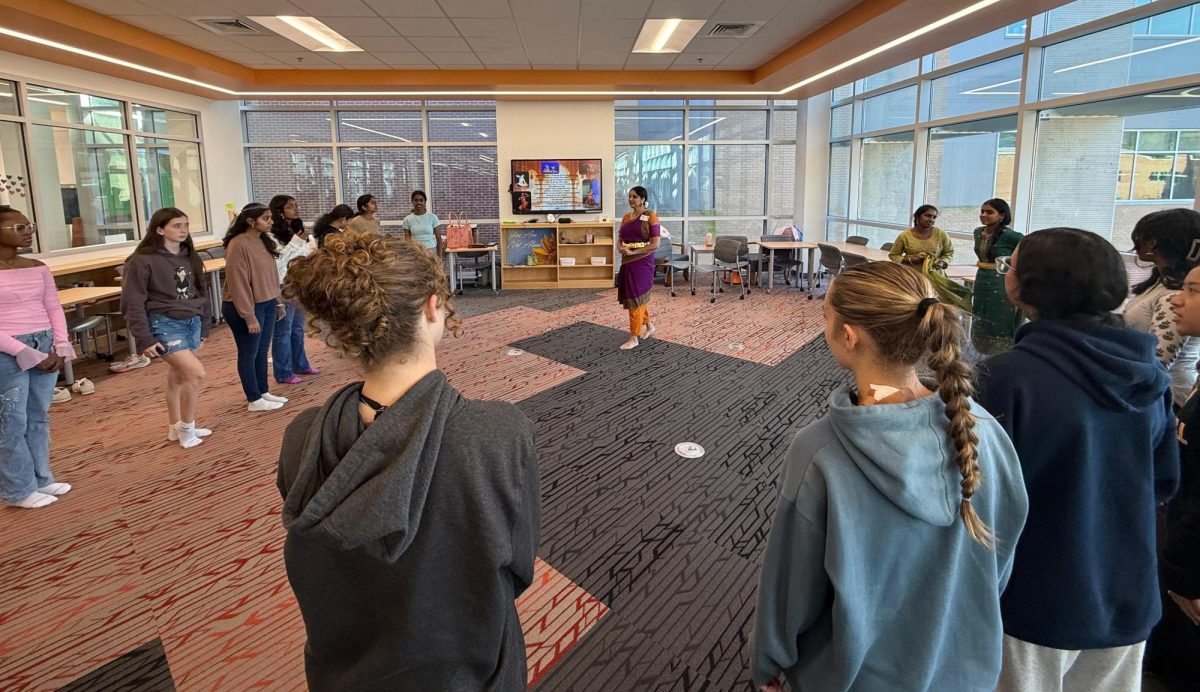

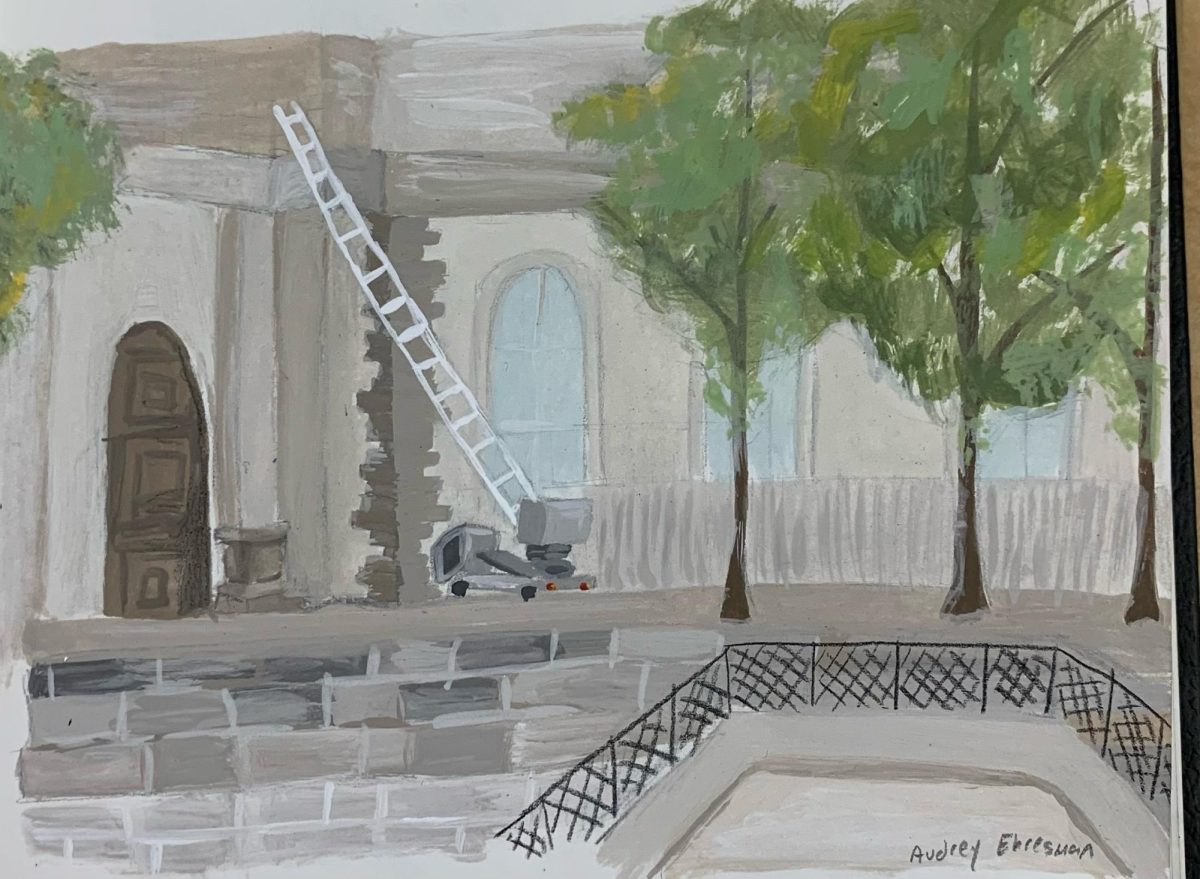


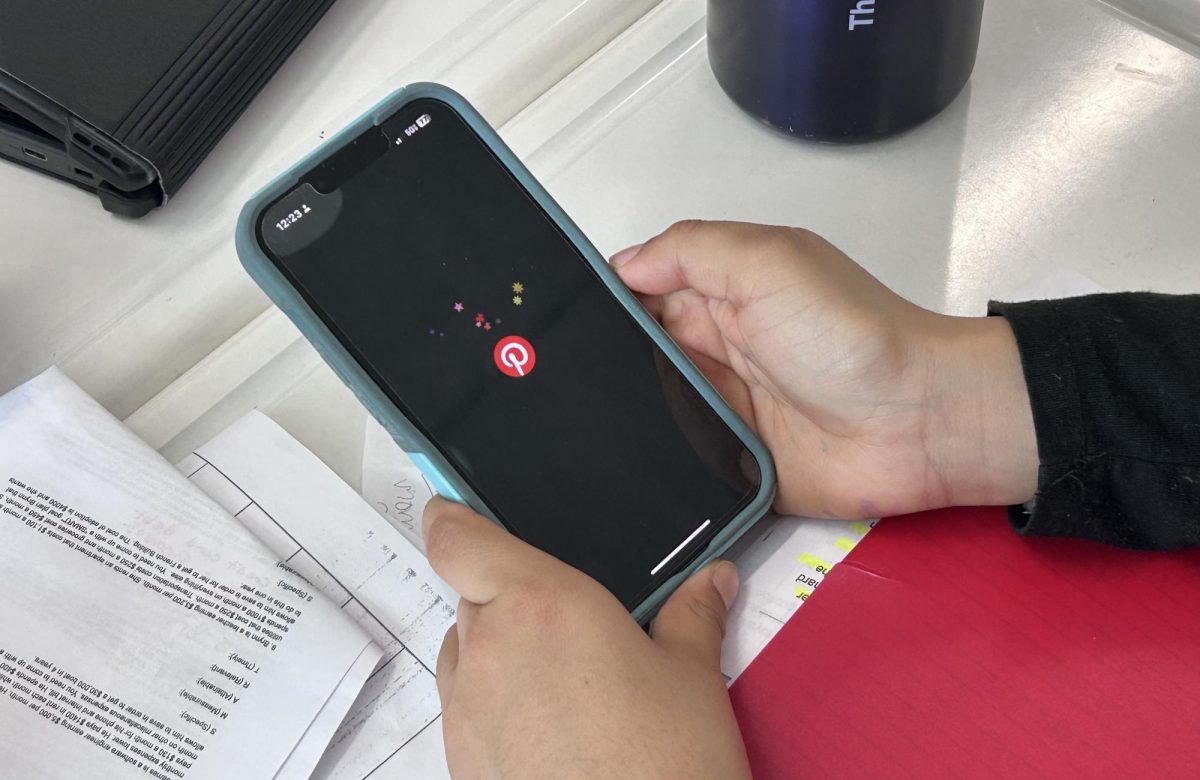
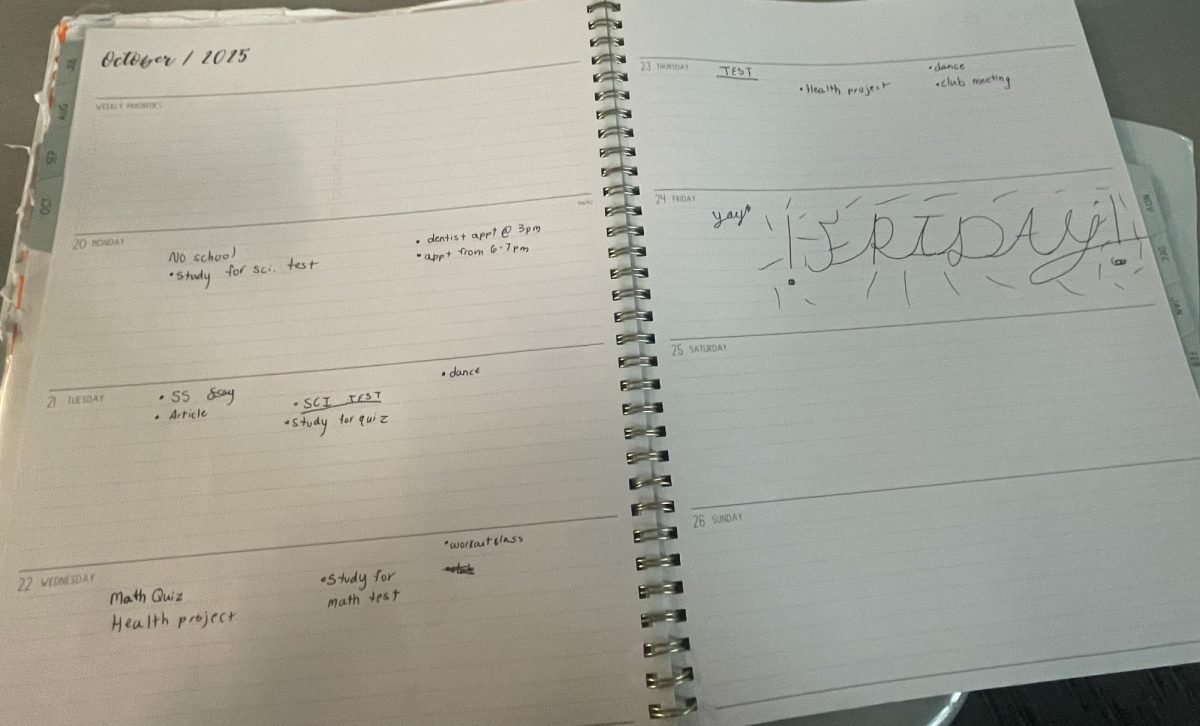
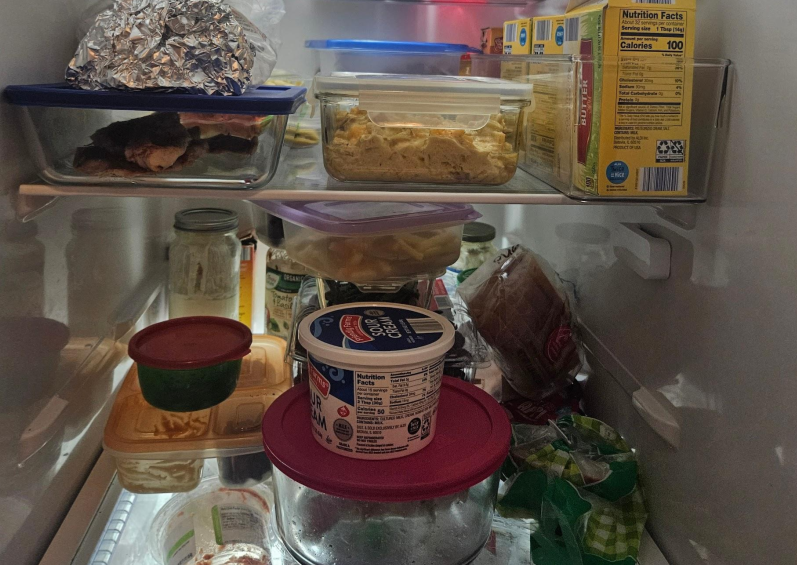
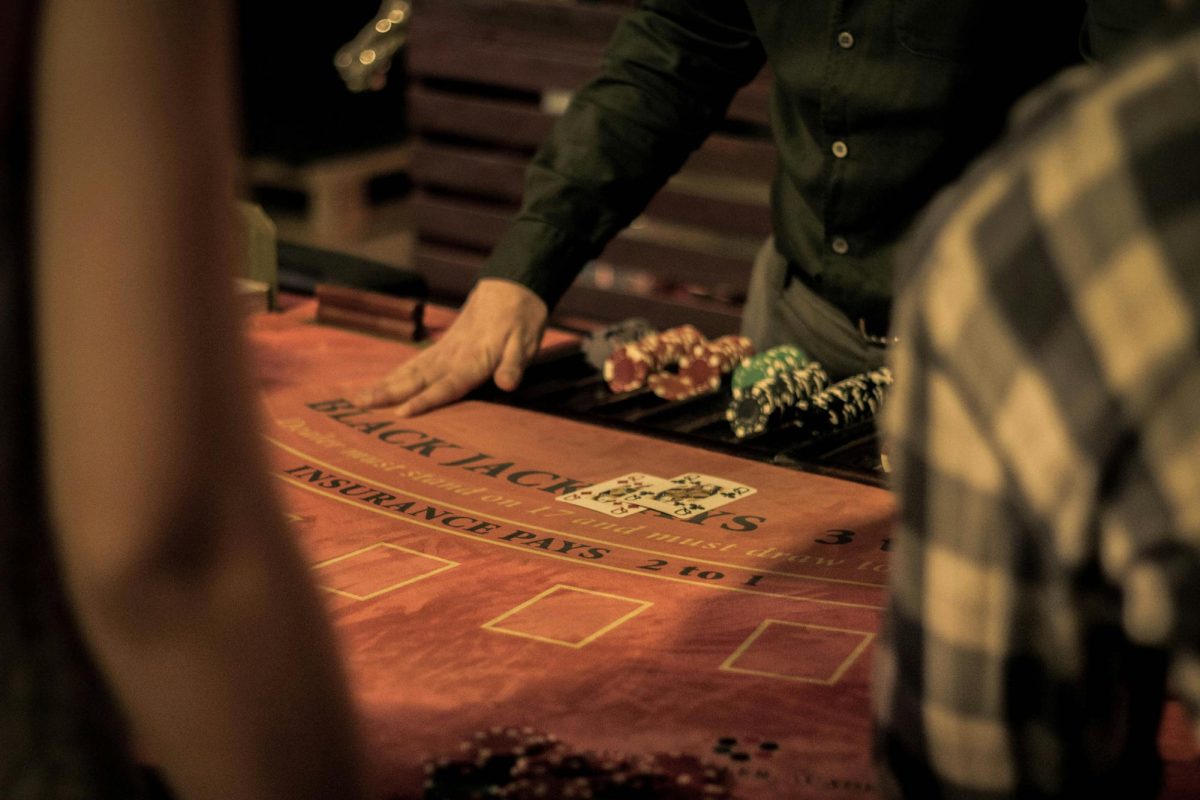




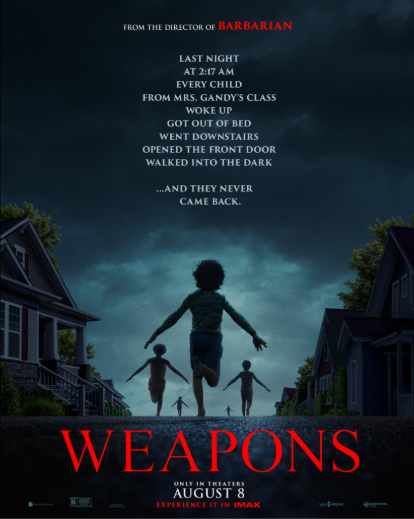




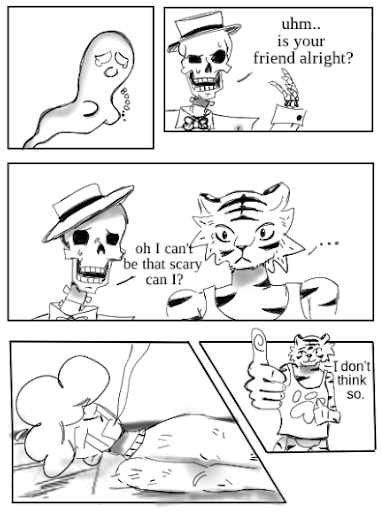





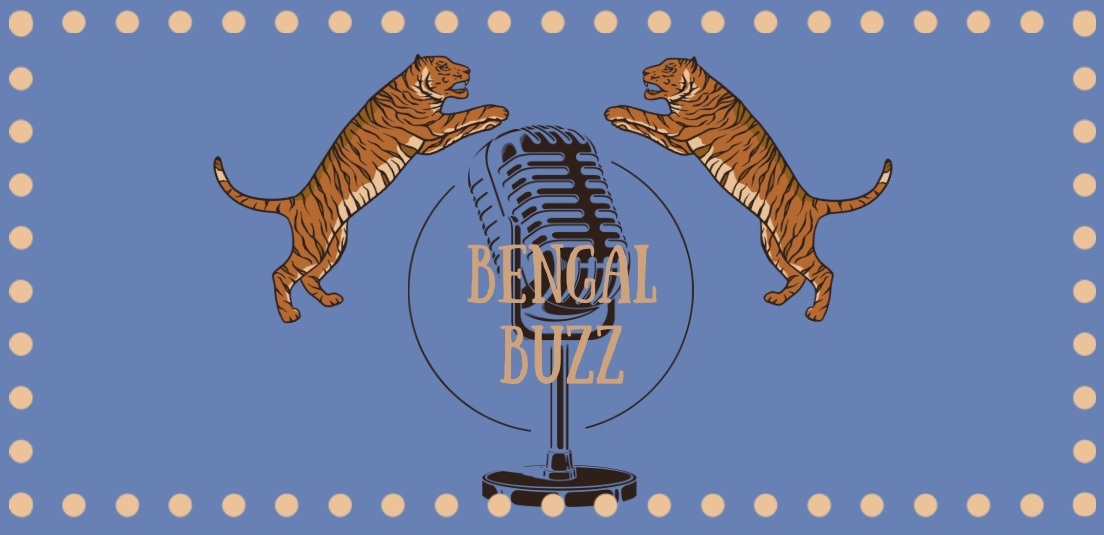


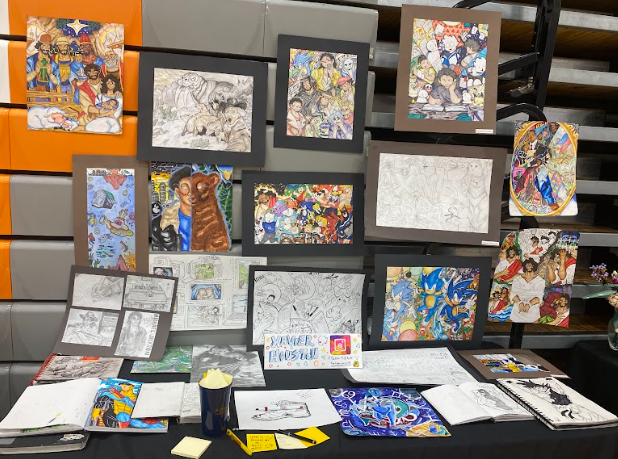



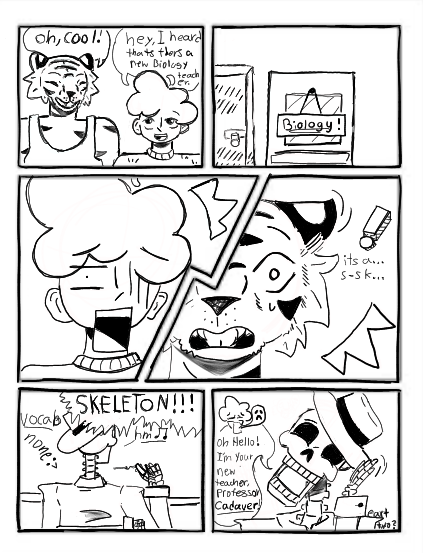
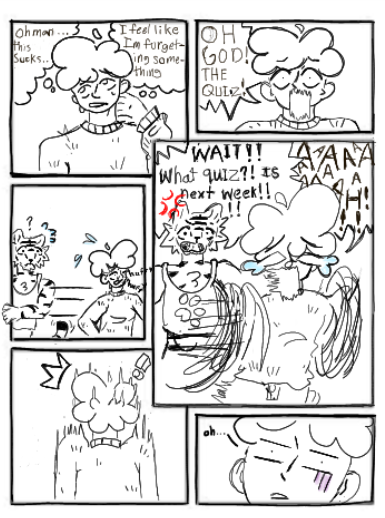
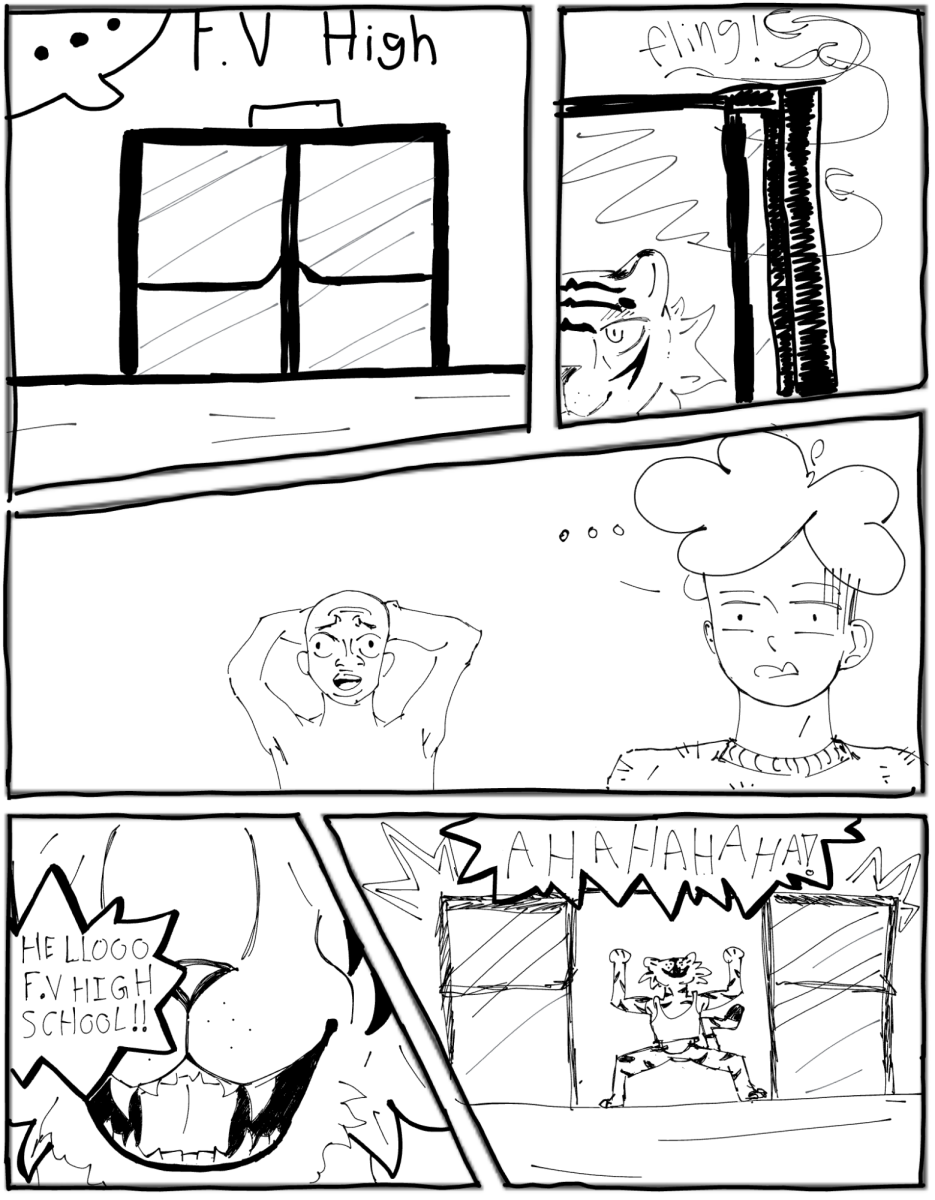
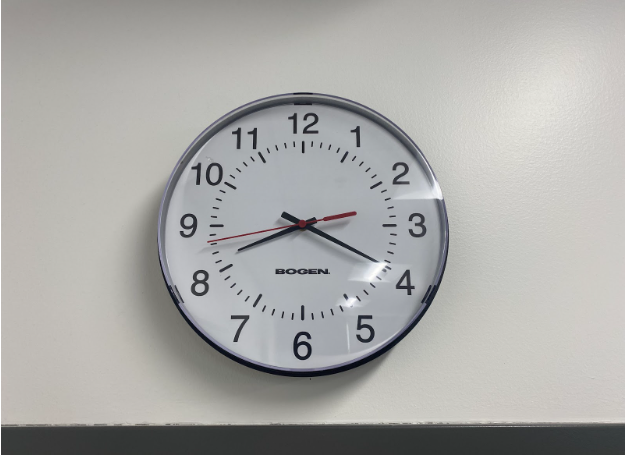

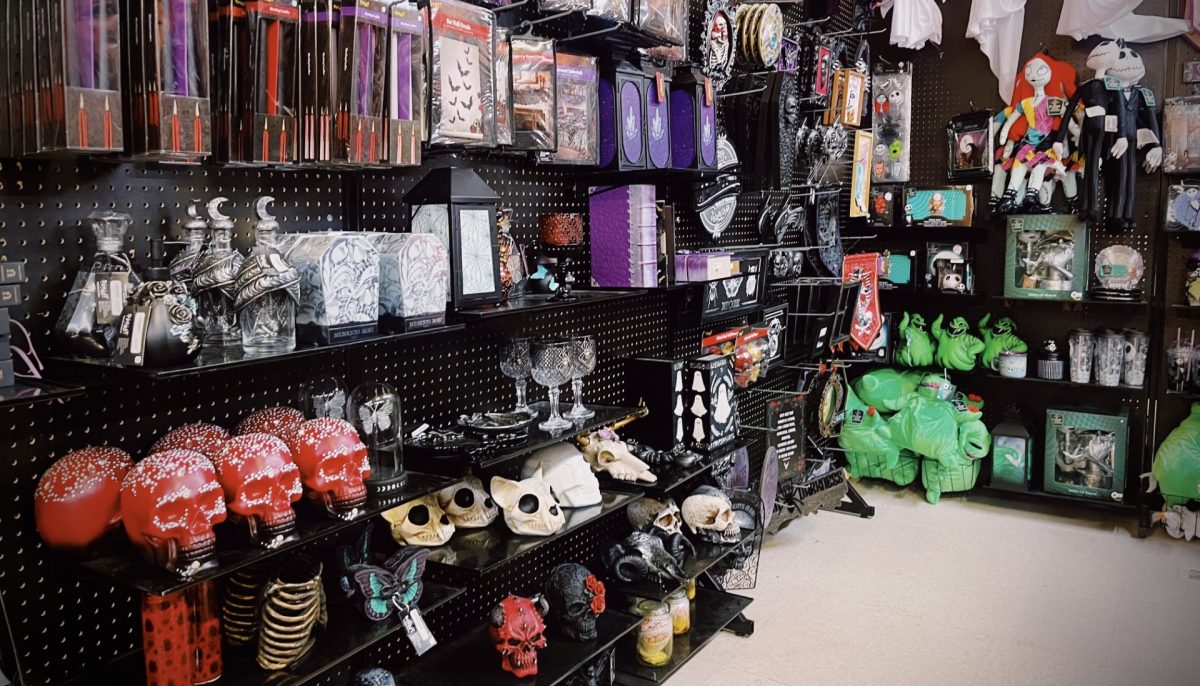






chiara • Oct 29, 2024 at 3:55 pm
nostalgia is something that helps me remember my past..
Lee • Oct 24, 2024 at 11:33 pm
Great article!